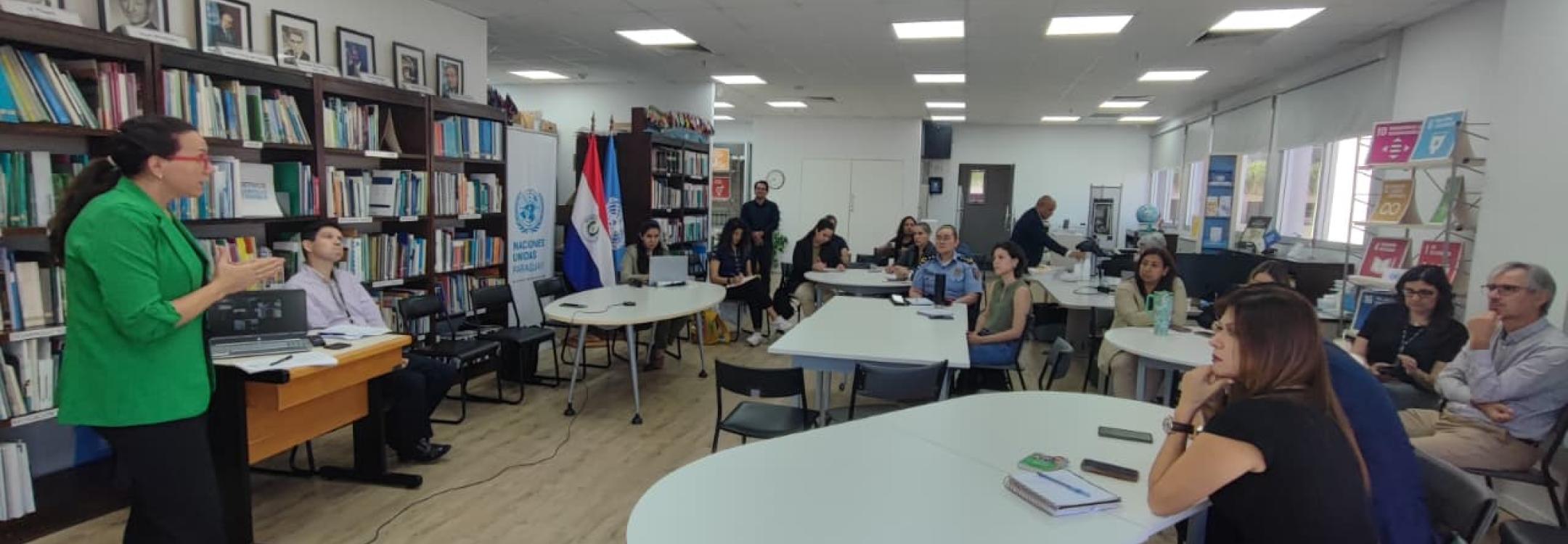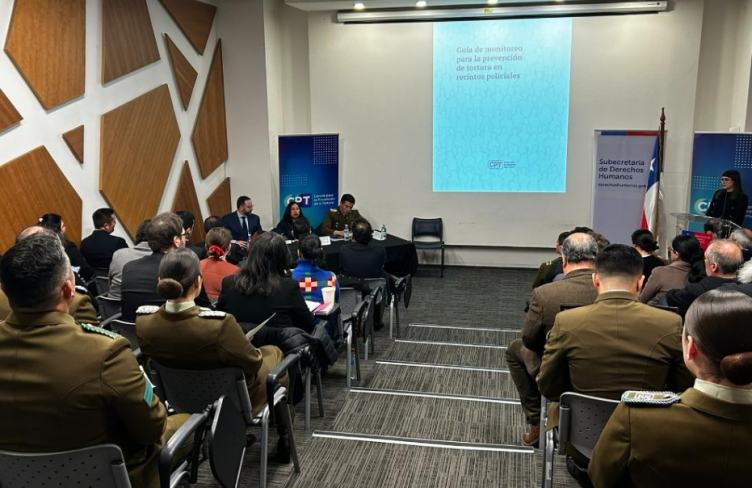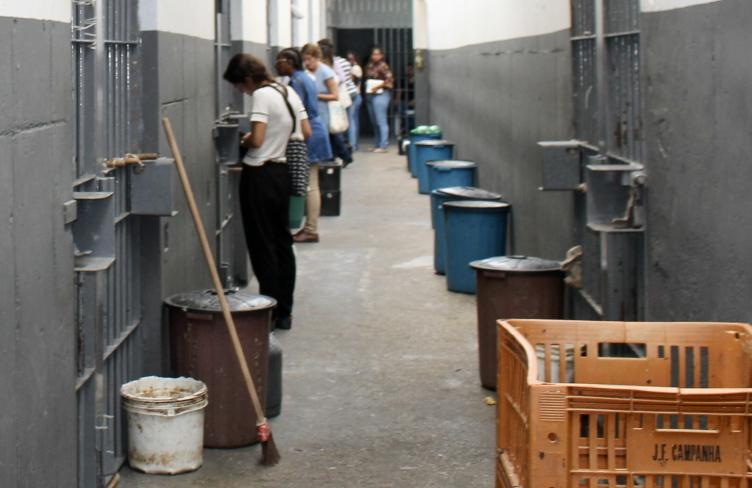
The NPM’s Special Report No. 4/2025 reveals that in Paraguay, 38,000 children and adolescents have at least one primary caregiver deprived of liberty. The report seeks to prevent situations that may constitute ill-treatment and highlights the structural vulnerability faced by children when they encounter the criminal justice system.
The deprivation of liberty of a caregiver is not an isolated event: it directly affects children’s right to live in a family environment, disrupts their emotional well-being and development, and exposes institutional gaps such as the absence of protocols to safeguard them during the arrest of their caregivers and the weak coordination between the protection system and the penal system.
The report identifies several key findings:
- Gaps in the protection of children during arrests.
- Severe impacts caused by transfers, isolation, and family separation.
- Specific risks during early childhood, especially following abrupt separations.
- Heightened vulnerabilities among Indigenous children and those whose parents are foreign nationals deprived of liberty.
During the interinstitutional dialogue organized by the NPM on 18 November 2025, APT highlighted three key elements of the report:
- The impact of punishment on families.
- The report shows that many children live in uncertainty when their caregivers are imprisoned. It recalls that many legal systems prohibit “unusual and transcendent punishments” and that criminal responsibility is strictly individual.
- Automatically imposing restrictions or terminating parental authority violates the best interests of the child and unfairly sanctions third parties, undermining essential principles such as the presumption of innocence and due process.
The project of life and its affectations.
Deprivation of liberty can cause profound harm to the life project of both the incarcerated person and their children. By restricting liberty, the foundation of personal development is weakened, resulting in setbacks that affect aspirations, emotional bonds, and family dynamics.
The role of primary or secondary caregivers and alternatives to imprisonment.
Understanding caregiving roles is essential for applying differentiated measures and exercising conventionality control. Social and psychological assessments show that even when cared for by extended family, children maintain a strong need for parental connection.
In cases where mothers live in prison with their young children, subsequent separation can trigger acute anxiety and negatively affect child development, requiring sensitive and appropriate institutional responses.
The discussion surrounding the report demonstrates that deprivation of liberty extends beyond the imprisoned person and profoundly impacts the lives of children and adolescents: it undermines their emotional stability, their life project, and their relationships. Considering this, it is essential that States avoid indirect sanctions, guarantee the best interests of the child, and promote alternatives to imprisonment for those who perform essential caregiving roles.
The dialogue concluded with a commitment to strengthen inter-institutional cooperation in order to address the situation presented in the report and respond to the challenges identified. This joint agreement marks an important step toward developing coordinated actions and policies that safeguard the rights and well-being of children and adolescents with incarcerated parents.



